Understanding and reaching the Gen Z market present its own set of unique challenges. Growing up in the internet era, Gen Z individuals are notably harder to engage due to their keen awareness of marketing tactics. Being the first generation truly at home in the digital world, their perceptive attitude and desire for authenticity are easily anticipated. This highlights the need for a shift in how branding and marketing strategies are approached.
Evolving while Cherishing our Roots
After a span of 20 years, Burger King has unveiled a refreshed version of the iconic Burger King logo. This strategic revitalisation of the brand stems after consumer research revealed a stronger recall of its pre-1999 designs. Embracing the challenge, Burger King strived to honour its brand’s legacy while meeting the “evolution of the times”, taking a decisive stance to appeal to Gen Zs in a new digital age.
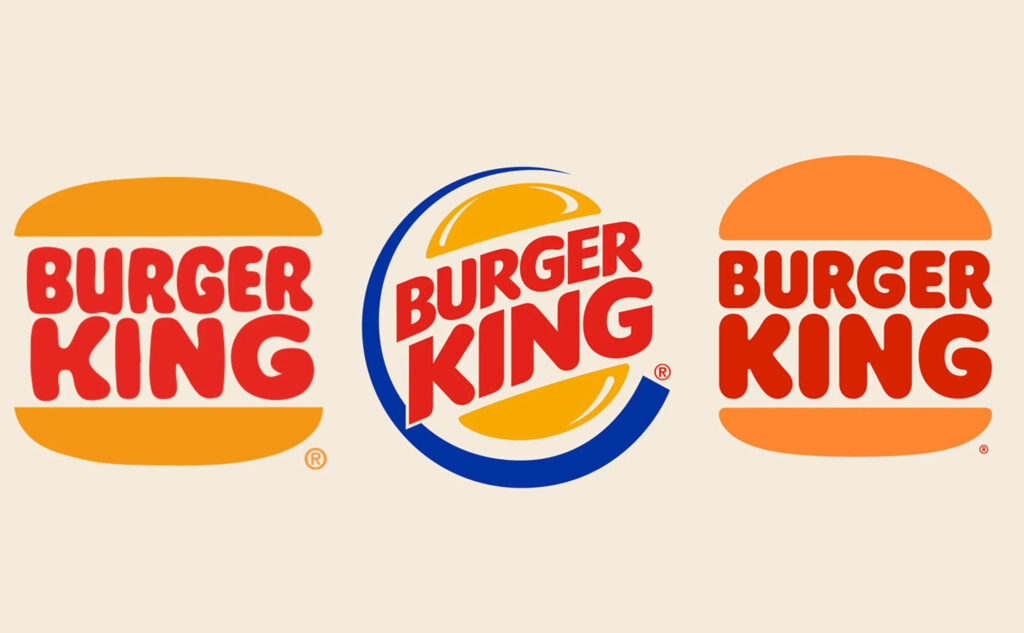
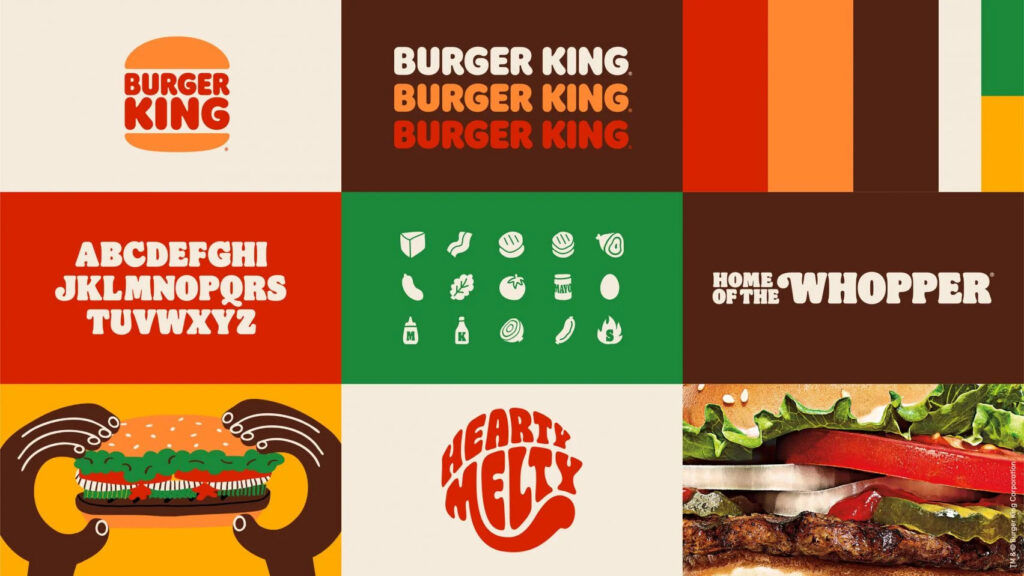
Burger King’s Logo Change and New Colour Palette. Source: Fast Company and Dezeen
A nostalgic sentiment for 90s media is held by over one-third of Gen Z individuals, surpassing the levels observed among Millennials, Gen X and Baby Boomers.
Driven by insightful perspectives, the brand returned to its former emblem by nestling the phrase ‘Burger King’ amidst two bun halves, ensuring a sense of familiarity and instant recognition. To infuse a modern twist, Burger King has refreshed their colour spectrum, embracing a warmer and more vibrant colour palette. A courageous decision involved the deliberate omission of the artificial-looking blue curve from their logo, a reflection of their ongoing commitment to eliminating colours, flavours, and preservatives sourced from artificial origins. This strategic move is a cornerstone of the brand’s expansion strategy, aimed at confronting prevalent negative perceptions of Burger King’s food.
“We explored a lot of different design territories, but kept coming back to the brand’s original iconic logo from 1969 and 1994 when Burger King looked at its best… The new logo pays homage to the brand’s heritage with a refined design that’s confident, simple and fun,” explains Lisa Smith, Executive Creative Director at Jones Knowles Ritchie.
This strategic rebranding endeavour was meticulously executed with a distinct goal in mind: to highlight the positive reality of Burger King’s food story by making the brand less artificial and cheap, and more real, crave-able, and tasty. Through its refreshed branding and reinforced dedication to food excellence, Burger King is poised to leave a lasting impression on various consumer groups, most notably Gen Z, at every interaction.
Branding extends beyond mere logos; it infiltrates every facet of a brand’s identity and leaves its mark on every interaction. This perspective transforms marketing campaigns into platforms to showcase a brand’s essence, unveiling how it presents itself.
Reimagining Beauty Standards
Prior to 2017, challenging beauty norms in the mainstream beauty industry was relatively uncommon. The beauty standards upheld by traditional brands tend to emphasise a narrow and homogenous concept. In a generation where authenticity, inclusivity and individuality are highly valued, Rihanna’s introduction of Fenty Beauty resonated with Gen Z’s desire to feel represented.
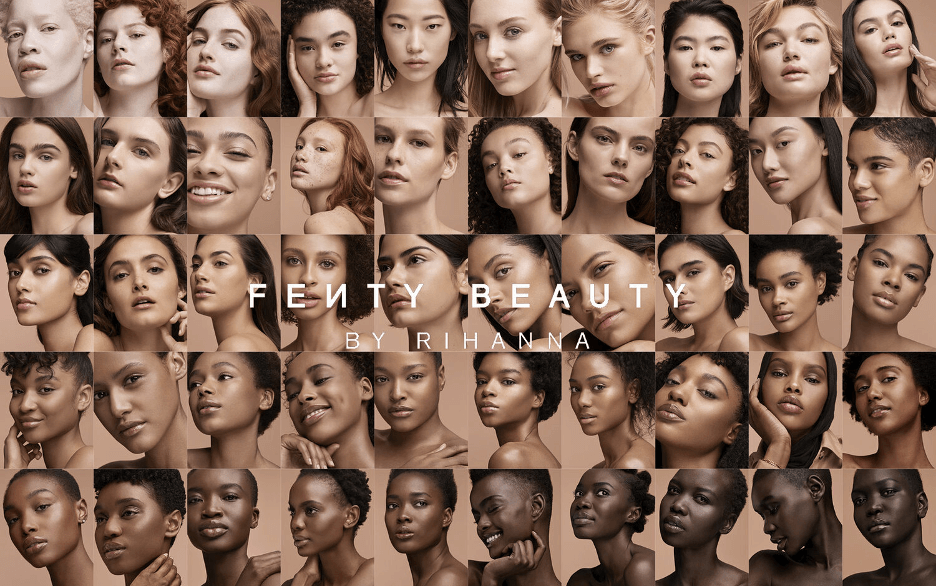
Fenty Beauty Shade Range. Source: Qualtrics
Fenty Beauty launched with an impressive 40 shade-range of foundation, a stark departure from the limited shade ranges that had previously dominated the beauty industry. This move underscored their commitment to inclusion, catering to a wide spectrum of skin tones and shades that had long been overlooked by many established brands. This dedication to diversity sent a powerful message, resonating strongly with Gen Z’s values of representation and authenticity.
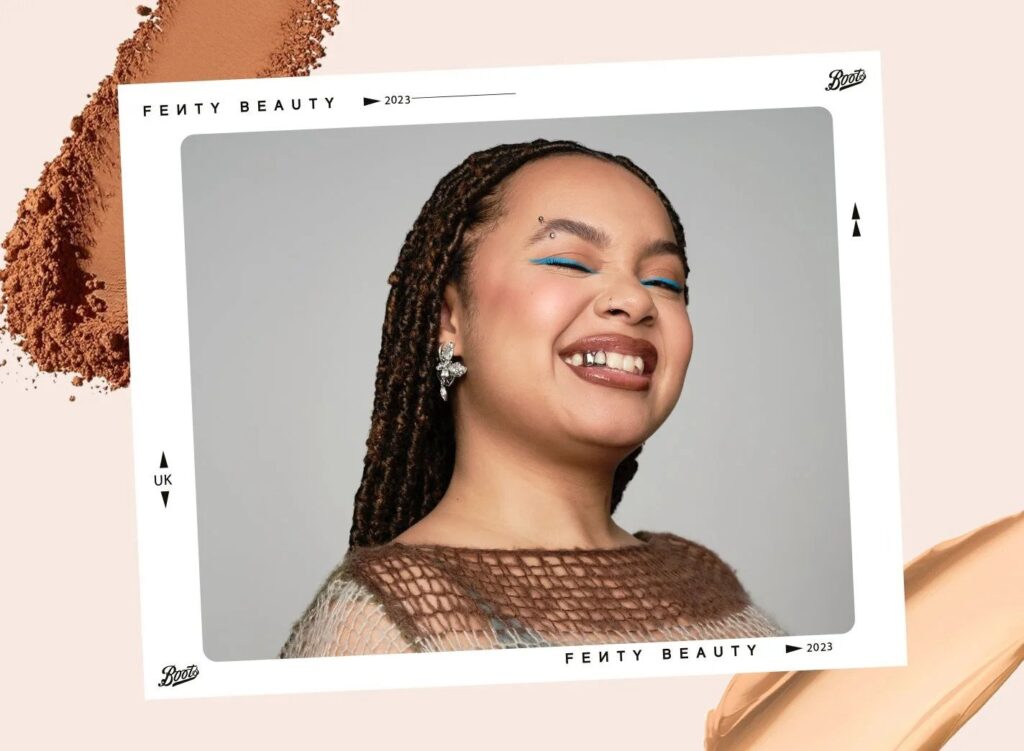
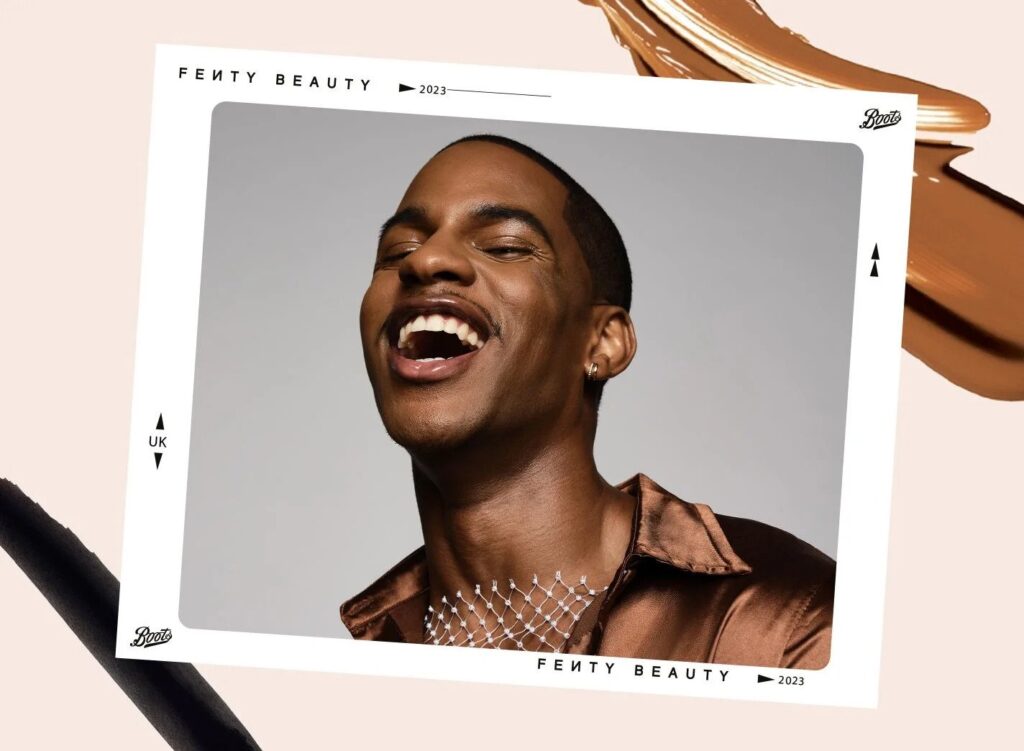
Self-expression through makeup. Source: Boots Ireland
Beyond its commitment to diversity, Fenty Beauty has consistently prioritised self-expression through makeup, aligning seamlessly with Gen Z’s emphasis on celebrating individuality. The brand empowers users to embrace their uniqueness, articulating their
motto of “Beauty for All.” The brand’s models encompassed a range of backgrounds, skin tones, and body types, mirroring the diversity of the real world. The brand’s foundation shades were not just about concealing, but about celebrating one’s own identity and making a statement through beauty choices, effectively nurturing a powerful resonance with Gen Z’s values of individuality and self-representation.
Responding to Gen Z’s Call for Transformation: Will You Rise to the Occasion?
The significance of Gen Z’s power and impact should not be underestimated by brands. Hesitating to consider fresh concepts and staying within familiar boundaries may lead to missed opportunities.
To genuinely capture Gen Z’s attention, brands from diverse sectors need to wholeheartedly adopt authenticity as their core value. This involves being forthright about their practices, values, and even limitations. Actions should align with words, showcasing genuine dedication to social and environmental causes.
References:
https://www.fastcompany.com/90591634/burger-king-unveils-its-first-major-rebrand-in-20-years
https://www.qualtrics.com/blog/setting-a-new-tone-for-diversity/
https://www.boots.ie/fenty-beauty/fenty-beauty-match-the-nation




